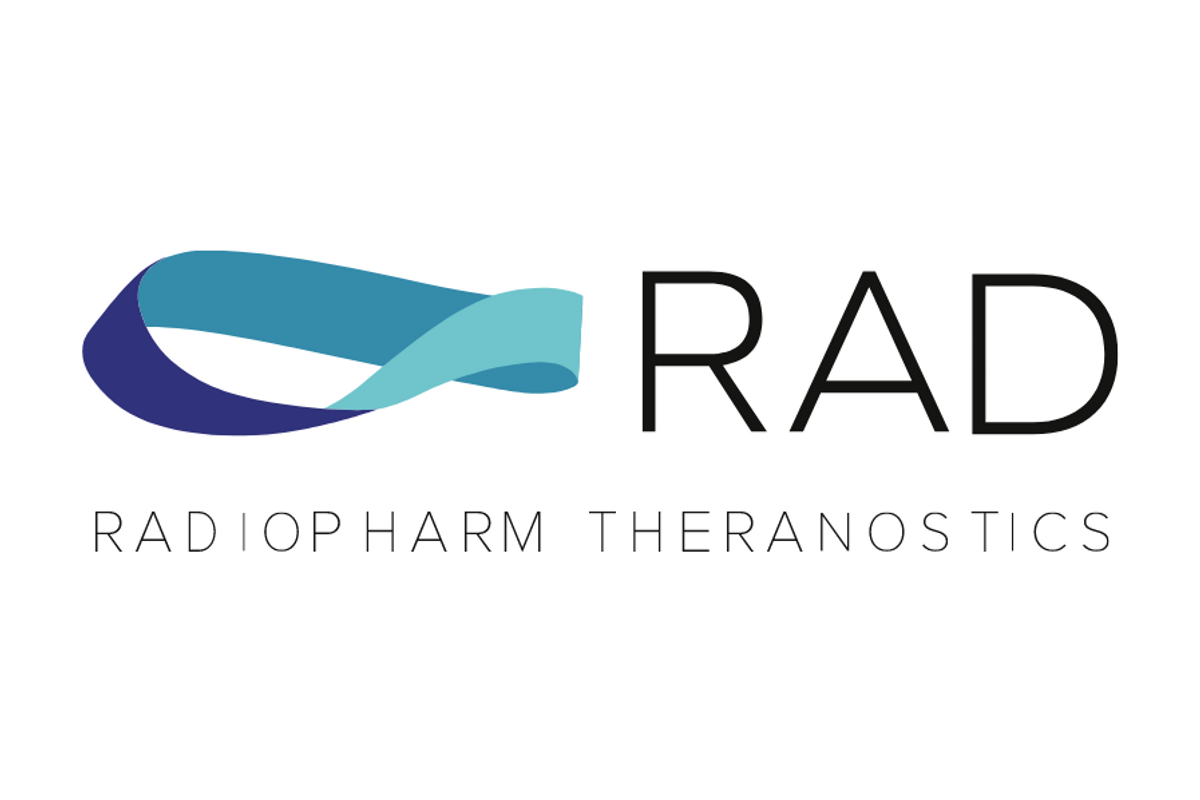
- WORLD EDITIONAustraliaNorth AmericaWorld
July 22, 2024
Radiopharm Theranostics (ASX:RAD, “Radiopharm” or the “Company”), a clinical-stage biopharmaceutical company focused on developing innovative oncology radiopharmaceuticals for areas of high unmet medical need, is pleased to announce that it has received clearance for its Investigational New Drug (IND) application with the US Food and Drug Administration (FDA), for F18-Pivalate (RAD 101).
Pivalate, labelled with the radioisotope F18, is a small molecule that selectively targets fatty acid synthetase, which is overexpressed in brain tumours but not in normal cells. Pivalate is a novel proprietary imaging agent under clinical investigation for the detection and characterisation of brain metastases.
The IND approval is a clear recognition by the FDA of clinical data already generated for RAD 101 and is a significant milestone towards starting a Phase 2b multi-center trial for the imaging of brain metastases. Radiopharm anticipates having the first patient dosed during the fourth quarter of 2024. Based on current enrolment expectations, the 30-patient Phase 2b read-out is expected by mid-2025 and will be followed by a Phase 3 registrational study.
Previously reported positive data from the Imperial College of London’s Phase 2a imaging trial of Pivalate in 17 patients with brain metastases showed significant tumour uptake that was consistent with and independent from the tumour of origin¹. This supports the potential use of pivalate to monitor brain metastases.
“Pivalate represents a potential new target for radiopharmaceutical brain imaging agents, and its unique mechanism of action may offer eligible patients and the medical community an alternative to overcome the limitations of current standard of care for imaging brain metastasis.” said Riccardo Canevari, CEO and Managing Director of Radiopharm Theranostics. “We are very pleased by this FDA approval as it allows us to commence late-stage clinical studies and address the high unmet medical need in around 300,000 patients that are diagnosed with brain metastases in the U.S. every year.”
Radiopharm holds an exclusive global license for the pivalate platform technology and has a collaboration in place with Imperial College of London to develop a therapeutic candidate leveraging the same mechanism of action.
¹ S. Islam, M. Inglese, P. Aravind, A. Waldman, M. Williams, E.O. Aboagye. 18F-Fluoropivalate PET/MRI: imaging of treatment naïve patients and patients treated with radiosurgery [Poster #135]. 24th EORTC-NCI-AACR Symposium on Molecular Targets and Cancer Therapeutics, October 26 2022.
About Radiopharm Theranostics
Radiopharm Theranostics is a clinical stage radiotherapeutics company developing a world-class platform of innovative radiopharmaceutical products for diagnostic and therapeutic applications in areas of high unmet medical need. Radiopharm has been listed on ASX (RAD) since November 2021. The company has a pipeline of distinct and highly differentiated platform technologies spanning peptides, small molecules and monoclonal antibodies for use in cancer, in pre-clinical and clinical stages of development from some of the world’s leading universities and institutes. The pipeline has been built based on the potential to be first-to-market or best-in-class. Learn more at Radiopharmtheranostics.com.
Click here for the full ASX Release
This article includes content from Radiopharm Theranostics, licensed for the purpose of publishing on Investing News Australia. This article does not constitute financial product advice. It is your responsibility to perform proper due diligence before acting upon any information provided here. Please refer to our full disclaimer here.
The Conversation (0)
Latest News
Interactive Chart
Latest Press Releases
Related News
TOP STOCKS
American Battery4.030.24
Aion Therapeutic0.10-0.01
Cybin Corp2.140.00